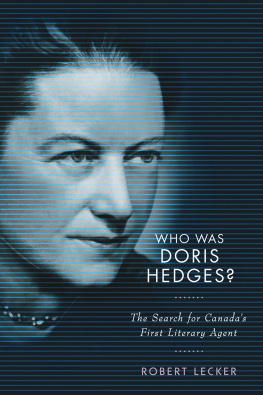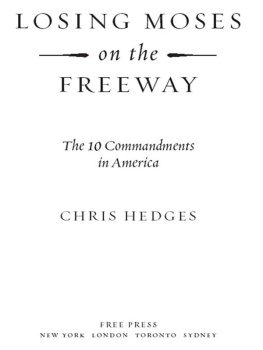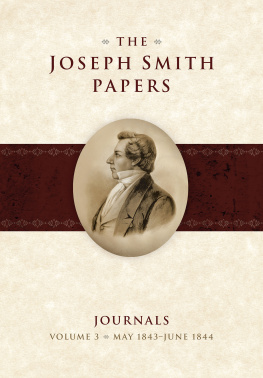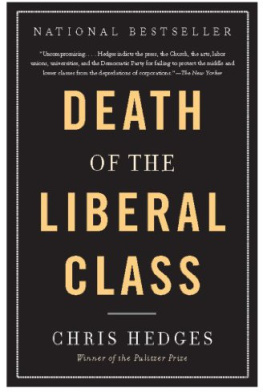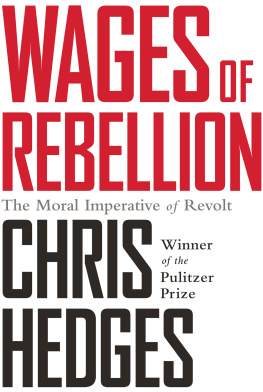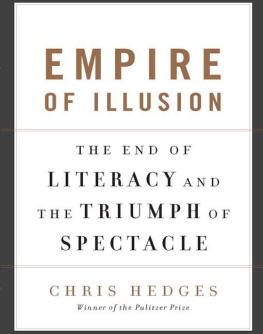
WHO WAS
DORIS
HEDGES?
WHO WAS
DORIS
HEDGES?
The Search for Canadas
First Literary Agent
ROBERT LECKER
McGill-Queens University Press
Montreal & Kingston London Chicago
McGill-Queens University Press 2020
ISBN 978-0-2280-0369-4 (cloth)
ISBN 978-0-2280-0477-6 (ePDF)
ISBN 978-0-2280-0478-3 (ePUB)
Legal deposit fourth quarter 2020
Bibliothque nationale du Qubec
Printed in Canada on acid-free paper that is 100% ancient forest free
(100% post-consumer recycled), processed chlorine free
This book has been published with the help of a grant from the Canadian Federation for the Humanities and Social Sciences, through the Awards to Scholarly Publications Program, using funds provided by the Social Sciences and Humanities Research Council of Canada.
We acknowledge the support of the Canada Council for the Arts.
Nous remercions le Conseil des arts du Canada de son soutien.
Library and Archives Canada Cataloguing in Publication
Title: Who was Doris Hedges? : the search for Canadas first literary agent / Robert Lecker.
Names: Lecker, Robert, 1951- author.
Description: Includes bibliographical references and index.
Identifiers: Canadiana (print) 20200287311 | Canadiana (ebook) 20200287400 | ISBN 9780228003694 (hardcover) | ISBN 9780228004776 (PDF) | ISBN 9780228004783 (EPUB)
Subjects: LCSH: Hedges, Doris, 1896-1972. | LCSH: Authors, CanadianBiography. | LCSH: Literary agentsCanadaBiography. | LCSH: Canadian literature20th centuryHistory and criticism. | CSH: Canadian literature (English)Women authors. | LCGFT: Biographies.
Classification: LCC PS8515.E28 z735 2020 | DDC C813/.54dc23
This book was typeset by studio oneonone in 10.8/14.2 Minion
CONTENTS
FIGURES AND TABLES
FIGURES
TABLES
ACKNOWLEDGMENTS
The Social Sciences and Humanities Research Council of Canada provided funding that was crucial to the completion of this book. I am deeply grateful for this support. It enabled me to work with several research assistants whose dedication was invaluable. My sincere thanks to Matthew Rettino, who provided enough tantalizing information to get me hooked on the search for Doris Hedges. I am also thankful to Sara Farah, who assisted me in the early phases of the project, and to Sophie Weiler and Emily Szpiro, who contributed a great deal to the book in its later development. A special note of gratitude must go to Sabrina Aguzzi, who, seriously infected with the Doris bug, brought me information and insight over four years; her organizational skills and her investment in the project meant everything to me. I also want to thank Joel Deshaye and Mary Williams for their insightful comments on an early draft. Lonnie Weatherby, the Liaison Librarian of the McLennan Library at McGill University, generously provided his expertise and assistance over several years. I am indebted to the helpful staff at the McCord Museum and the Canadian Centre for Architecture. Finally, I would like to thank Mark Abley, my editor at McGill-Queens University Press. Mark appreciated the project immediately, offered speedy and supportive help, and took the special initiative of locating original photographs related to the project.
WHO WAS
DORIS
HEDGES?
INTRODUCTION
Who was Doris Hedges? I first encountered her name while researching the history of literary agents in Canada. I was supposed to be exploring the now widely recognized observation that as soon as literary agents entered the British and North American publishing scenes at the end of the nineteenth century, literature itself began to change. I would build on John O. Jordan and Robert L. Pattens argument that any new paradigm of publishing history must consider how mediating agencies altered the nature, pace, and result of publishing. Of these mediating agencies, literary agencies play a crucial role in the process of literary production. The same holds for Canadian literary production. That could certainly be a subject for study. But the more I found out about Doris Hedges, the more my original project got sidetracked. Instead, it turned into a long search for more information about this ambitious woman who had more or less vanished from Canadian literary history.
Although some individuals advertised themselves as Canadian literary agents in the 1930s,
As a postwar enterprise, Hedges, Southam and de Merian was led by Doris Hedges, a woman dedicated to the promotion of Canadian literature during a period of literary scarcity. In addition to running her agency, Hedges was a public speaker, a radio commentator, a journalist, a social critic, a supporter of the arts, a poet, a short story writer, and a novelist. She published six books of poetry (three with Ryerson Press and another three in Boston, New York, and the UK) as well as three novels released in the UK and New York. Al though she founded Canadas first literary agency and produced a considerable body of work, Hedgess career is not mentioned in the Literary History of Canada, the Encyclopedia of Literature in Canada, History of the Book in Canada, or the Oxford Companion to Canadian Literature. Before I began my research, I had never heard of her. Although Hedgess writing was not strong, it was no weaker than much of the work published by her male counterparts of the same generation. I suspect that her erasure from literary history had more to do with the fact that she did not embrace the academic high modernist aesthetic projects championed by the male critics of her era. As Carole Gerson observes, the literary history that these projects constructed was based not on what the majority of Canadians had in the past written and read, but on the elitist vision that prevailed among Canadian scholars and critics. After all, Hedges chose to found her agency in 1947, the same year John Sutherland published Other Canadians, an anthology celebrating socialist-realist values in contrast to A.J.M. Smith, who four years earlier had released his controversial The Book of Canadian Poetry, which valorized a cosmopolitan over a native conception of poetry. Controversy about the very nature of Canadian poetry was swirling around Hedges at the time she decided to establish her agency. How could she ignore those controversies, and what role would they play in her new business?
Faced with the erasure of Doris Hedges, I became determined to find her again. Who was this woman who pioneered literary agenting in Canada while pursuing her creative career in the period leading up to the Second World War and ending with the publication of her last novel in 1971, a year before her death? What made her decide to found a literary agency? How did she finance it? What relationship did she have with Canadian authors of her era? I began to think that Doris Hedges might open a door onto the values and debates influencing her times as a female writer. Perhaps we could see the historical events that affected her in terms of her own culture and upbringing, and perhaps by seeing things in those terms we might be able to see them in other terms than those reserved for the official histories. I began to think of a study that would place Hedges in the context of some of the literary, cultural, and political issues of her time and to examine those issues in relation to a figure who has barely been preserved in the countrys literary archives. I wanted to explore the environments and institutions through which she moved. Although one might question Hedgess literary skills or business acumen, her career charts the revealing narrative of a woman who was striving to establish herself in an English Canadian literary marketplace and a literary culture that was dominated by men. Hedges was ultimately frustrated by her literary reception. Some might say that she does not deserve the title of Canadas first literary agent because her career in that role was so short-lived. But it is precisely her failure to achieve this success that merits commentary, simply because a study of Hedgess failure is also a study of her age, which was, after all, defined not only by those who succeeded as authors or ran successful agencies but equally by those who tried and failed. Another way of putting this is to say that we cannot understand success unless we understand failure.
Next page
